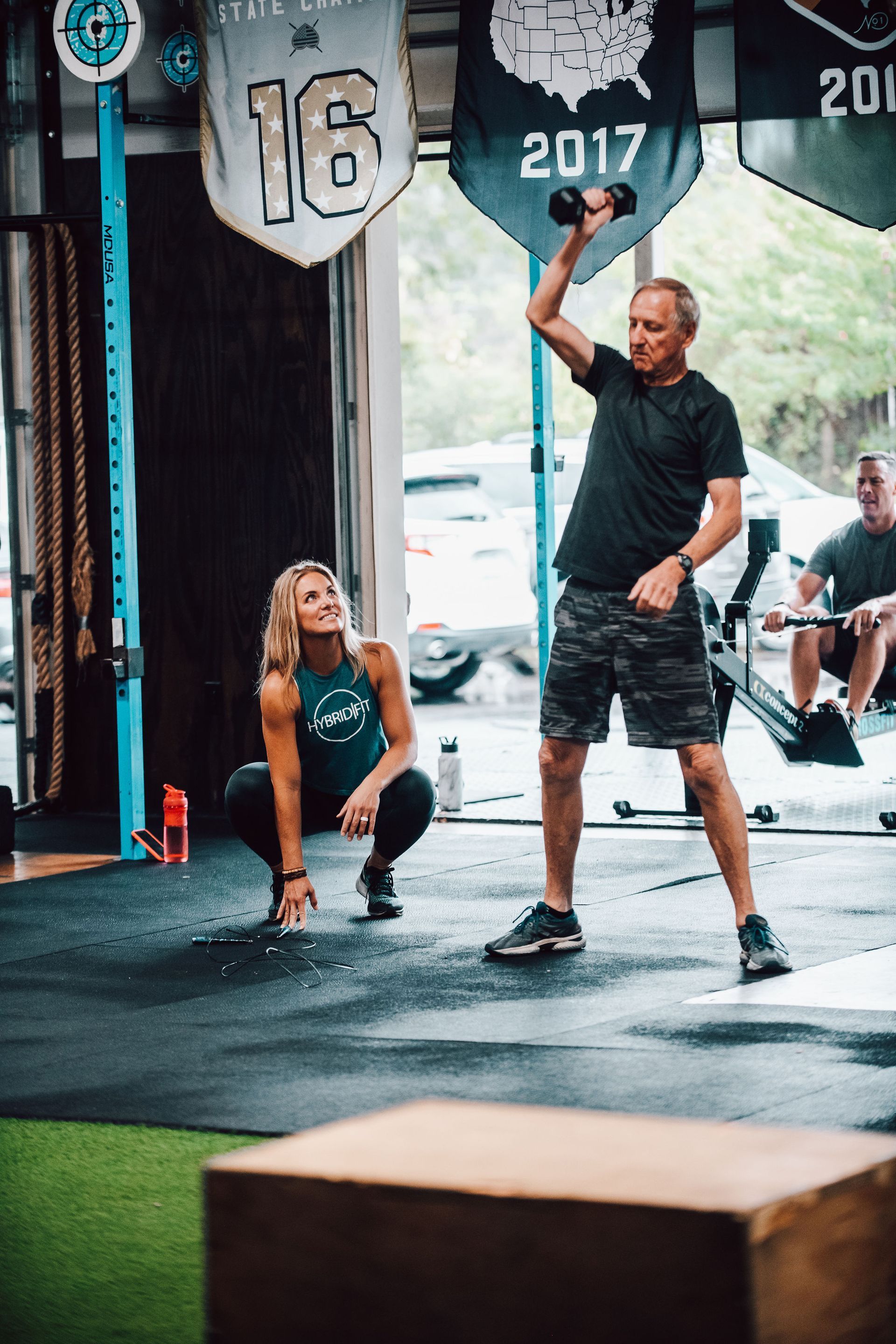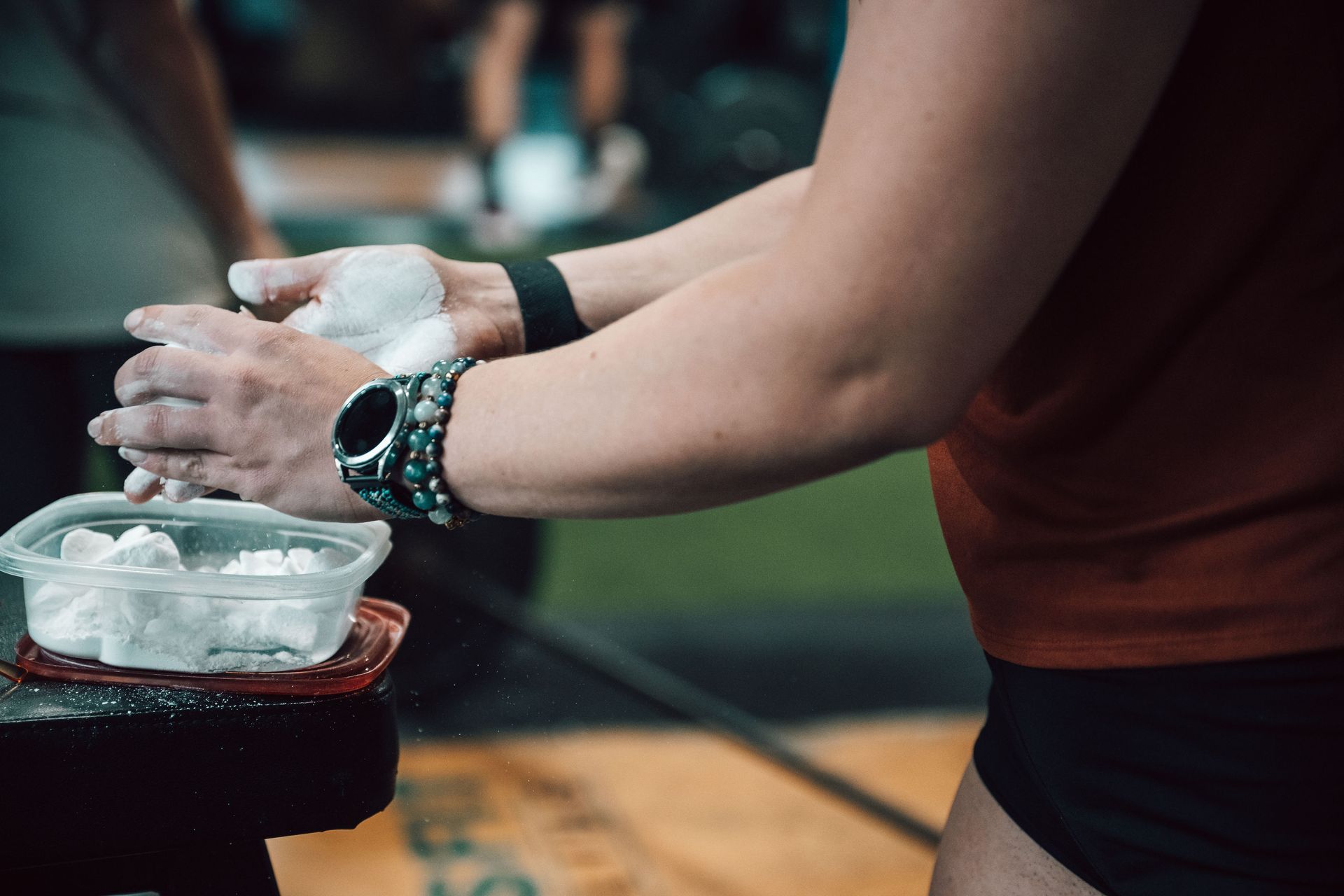Good.
For over 10 years, you’ve heard me say it.
Here’s why those 4 letters matter more than anything else.
Hey C2 family,
By now, you’ve probably heard me say it.
Missed a lift?
Good.
Frustrated with progress?
Good.
Didn’t go as planned?
Good.
Because here’s the truth: It was never supposed to be easy.
Every fall gives you a choice. You can complain. Or you can correct. You can fold. Or you can focus. When something hits you — and it will — you look it in the eye, and you say:
Good. Now what’s next
That’s the mindset. That’s The Code.
Why It Works (and What the Science Says):
- Reframing setbacks builds resilience and composure under pressure (Tugade & Fredrickson, 2004).
- People with a growth mindset outperform those chasing perfection (Dweck, 2006).
- Controlled responses train your nervous system for better recovery and long-term consistency.
Translation?
The ones who keep going win.
What “Good.” Looks Like in Real Life at C2:
- You miss a lift. Good. Now we know where to fix.
- You’re sore and off your game. Good. Your body’s adapting.
- Life got messy and you missed a day. Good. Show up tomorrow.
- Plateau? Good. You’re closer to the next breakthrough.
How to Train This Mindset:
- Stop searching for perfect days. Start stacking real ones.
- Speak truth. No drama. No self-pity.
- Ask better questions: What’s the lesson here? Where’s the rep I need?
Write this down if you need to:
“Hard isn’t the enemy. Quitting is.”
What “Good.” Looks Like in Real Life — Outside the Gym:
- You didn’t get the promotion? Good. Time to sharpen your skillset and outwork everyone quietly.
- You had a hard conversation? Good. That means you told the truth.
- You’re overwhelmed? Good. Now you get to build better boundaries.
- Someone doubted you? Good. Let it fuel you.
- You failed publicly? Good. You did something most people are too scared to try.
“Good.” isn’t just about training.
It’s about taking ownership — no matter the setting.
Work. Family. Life.
Same code. Same mindset.
The Challenge This Week:
When something doesn’t go your way — say it.
Good.
Then take the next step.
Quietly. Consistently. With control.
That’s how we train here.
That’s how we live here.
If you’re reading this and haven’t joined us yet… good!
That means your best progress is still ahead of you.
👉 Click here to start your journey with a free trial.
See you in class.
— Mike
Sources:
- Tugade, M.M. & Fredrickson, B.L. (2004).
Resilient individuals use positive emotions to bounce back from negative emotional experiences.
Journal of Personality and Social Psychology, 86(2), 320–333.
PubMed: 15018682 - Dweck, C.S. (2006).
Mindset: The New Psychology of Success.
New York: Random House. - Neff, K. & Germer, C. (2013).
A pilot study and randomized controlled trial of the mindful self-compassion program.
Journal of Clinical Psychology, 69(1), 28–44.
- Notes how self-compassion and reframing reduce anxiety and promote resilience.




